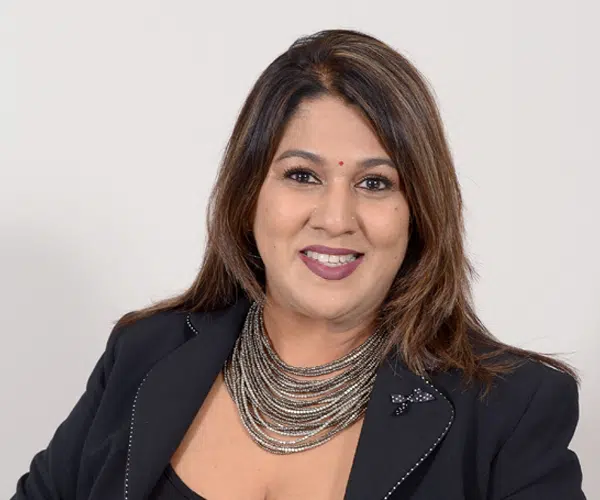Summary
While the world has been reshaped by the pandemic, the MBA has remained the master key to open career doors, writes MANCOSA academic, Dr Aradhana Ramnund-Mansingh.
While new rules, technologies, processes and terminologies have transformed society during the COVID-19 pandemic, there has been one constant to improve career trajectories and entrepreneurial enhancement, and this prestige belongs to the MBA.
Historically the MBA programme was exclusive to a few individuals at internationally-acclaimed institutions. However, since the programme provides invaluable skills, it has expanded to most institutions of higher education and is becoming accessible to a larger group of students.
The MBA is evolving as the global environment and workspaces evolve. It’s not merely targeted at business or entrepreneurial undergraduates. It has become an all-encompassing gateway to climbing the corporate ladder at an expedited pace. Some of the most popular benefits of doing an MBA are the following, credibility for career advancement and leadership roles, increased salary potential, career change, the development of advanced strategic business skills and soft skills and the potential of an extensive business network within the cohort. In the current environment, the top skills that organisations seek are strong communication, resilience and flexibility. Internationally almost 70% of talent scouts contend that they prefer business school graduates due to their strength in these skills.
Global statistics support the MBA programme incessantly. More and more, employees are manipulating the job market for portfolios that suit their individual, career and personal needs. An international study recently published that companies have attempted to poach 69% of MBA graduates within the past year. The media is never short of success stories from MBA graduates who have been capacitated to succeed in their respective fields. The most recent is that of former Exxarro CEO Mxolisi Mgojo who attributes his success to the skills he learned in his MBA. He highlighted the soft skills and the collaborative skills which were key to the success of major projects. The MBA is extending its reach to medical professionals, engineering and science fields as well. ICT professionals holding an MBA qualification are the most poached candidates internationally. Organisations need to consider robust talent strategies in order to retain their MBA graduates. The diverse curriculum and skill set allow the MBA graduate to move into varied industries.
The recent spate of events globally has transformed organisational cultures as a human-centric approach is adopted. Leadership skills require an ability to handle disaster management while adopting Ubuntu-type principles in approaching the larger organisational community. Due to the COVID-19 pandemic, there has been an increased demand for soft skills such as critical thinking, communication, adaptability, teamwork and creativity in the workplace. They are considered premium skills because they cannot be achieved with automation and robotics. In an international study, MBA graduates corroborate that soft skills prove more valuable than the hard technical skills in organisations. The traditional leadership models, and recruitment strategies for the C-Suite specifically, have abruptly become archaic within the past two years. The C-suite refer to this as the innate need for ‘social skills’ for success on the top floor. These include ability to listen and communicate effectively, becoming in tune with what others are thinking and feeling (theory of the mind) and a high level of self-awareness. Many business schools recognise this transient shift and are adapting the curriculum for a stronger focus on this skill set.
The MBA aligns the technical curriculum with the key soft/social skills required for success in the workplace. MBA graduates clarify that the journey of the MBA is both personal and professional and a transformational experience.
The MBA at MANCOSA offers an array of modules including strategy, economics, finance, human resources and operations. There are elective modules that are specialisation specific including healthcare management and supply chain management. The costs of an MBA across South African higher education institutions range from 156k to 348k. The MANCOSA MBA is ranked highly among the business schools in the country. MANCOSA makes the elusive MBA accessible to individuals and organisations with varied and easy payment options.






